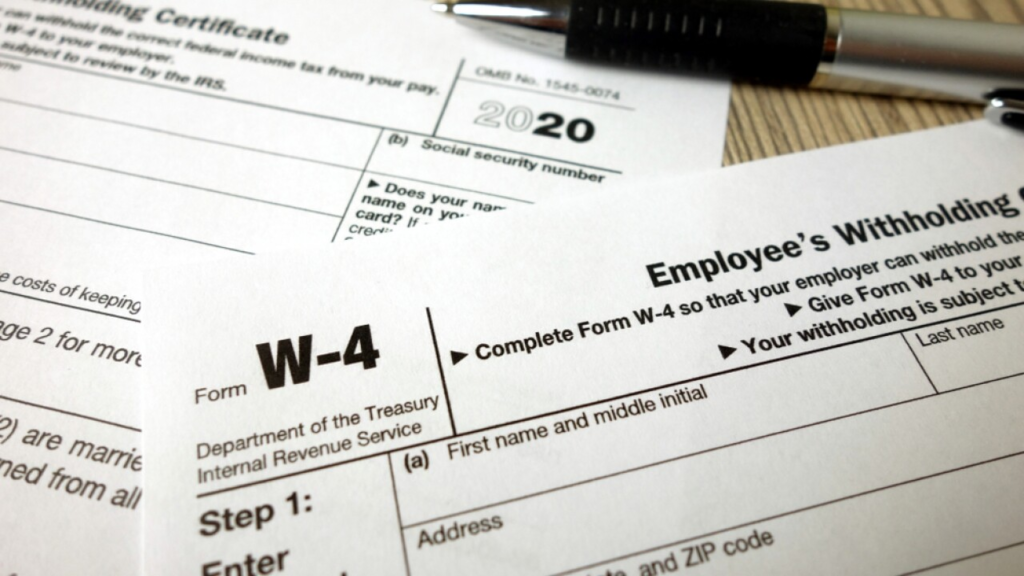If you’re one of the 3.2 million Americans affected by the recently passed Social Security Fairness Act, you might notice a bigger check this April.
Some retirees could see an increase of about $360 per month—a raise that’s over seven times higher than the average boost from this year’s cost-of-living adjustment (COLA).
That’s a meaningful difference, especially for seniors who rely on Social Security for most of their monthly expenses. But before you start celebrating, there’s a hidden downside you need to know about: taxes.
Bigger Checks Could Mean Bigger Tax Bills
While this extra income could improve your lifestyle, it might also raise your chances of owing federal taxes on your Social Security benefits, especially if you’re already close to the income limit.
That’s due to how Social Security benefit taxes are calculated. The IRS looks at your provisional income, which includes:
- Your adjusted gross income (AGI)
- Tax-exempt interest (like from municipal bonds)
- And half of your annual Social Security benefits
Depending on your marital status and how much provisional income you have, up to 85% of your benefits could be subject to ordinary income tax rates (ranging from 10% to 37%).
So no, you’re not losing 85% of your check—but you might be taxed on up to 85% of your benefits, which could add up to thousands of dollars for some people.
And since the income thresholds haven’t been adjusted in over three decades, more and more seniors are falling into the taxable zone as benefit amounts rise.
What You Can Do to Avoid a Surprise Tax Bill?

The good news? Not everyone receiving a bigger check will owe more in taxes. But if you’re concerned about what the Social Security Fairness Act might do to your tax bill, you’ve got a few options:
1. Lower Your Provisional Income
You might be able to avoid crossing the taxable threshold by reducing how much money you take from your retirement accounts.
If you can rely more on Roth accounts (like a Roth IRA or Roth 401(k)), that helps, since those withdrawals are tax-free and don’t count toward your AGI.
2. Plan for Taxes
If lowering your income isn’t an option, you can at least prepare. Start setting aside money now to cover the potential tax bill—or request that the Social Security Administration automatically withhold taxes from your checks.
If you’re unsure how much to withhold, talk to a tax advisor. They can help you figure out your situation and also let you know if you might owe state-level taxes on your benefits, something that varies depending on where you live.
3. Watch for Policy Changes
Former President Donald Trump has previously said he wants to eliminate taxes on Social Security benefits.
While nothing’s been passed yet, it’s something worth keeping an eye on—especially in an election year.
Bottom Line
The Social Security Fairness Act is giving millions of Americans a much-needed income boost. But don’t let a surprise tax bill catch you off guard.
If your checks are going up, take a moment to understand how this could impact your taxes, and plan so you can keep more of your hard-earned money.
Disclaimer- Our team has thoroughly fact-checked this article to ensure its accuracy and maintain its credibility. We are committed to providing honest and reliable content for our readers.






